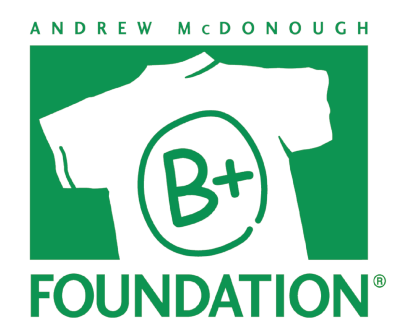TARGET Pediatric AML Initiative
Children’s Oncology Group
The TARGET Pediatric AML Initiative was identified by the Children’s Oncology Group acute myeloid leukemia (AML) leadership team as the highest potential and greatest need effort in our research portfolio to benefit children, adolescents and young adults fighting AML. The goal of this initiative is to uncover the genetic drivers of AML in young people and maximize the use of both existing and emerging therapies, and accelerate the discovery new ones.
What is the TARGET Pediatric AML Initiative?
AML is also a highly complex, diverse group of diseases driven by multiple genetic mutations, some occurring in combinations that can be patient-specific. As such, “one size fits all” or single-agent therapeutic strategies may be less effective against this disease. The goal of this initiative is to use the most advanced tools available to establish a rapid discovery platform and identify the right “targets” for new and existing drugs and therapies. Developing a robust list of pediatric AML target mutations mapped to a “toolbox” of weapons (drugs & therapies) will be key. These discoveries are the very foundation of personalized/precision medicine and are urgently needed in AML research to reduce treatment-related toxicities.
What needs to get done?
The Children’s Oncology Group will roll out this initiative in two phases. Phase 1 will include deep genomic sequencing on patient samples, hiring computational staff to fully analyze data, testing and verification to determine if a target is in fact driving the cancer, and sequencing sick kids now for disease monitoring, early relapse detection, and treatment option discovery. This will help us better understand why responders to therapy responded, while others did not.
Phase 2 of the initiative will entail expanding sequencing, analysis, and target discovery to a much larger patient population in order to generate a comprehensive list of targets and biomarkers for AML in young people. This will allow us to design targeted, patient-specific treatments geared towards the patient’s specific cancer profile.

